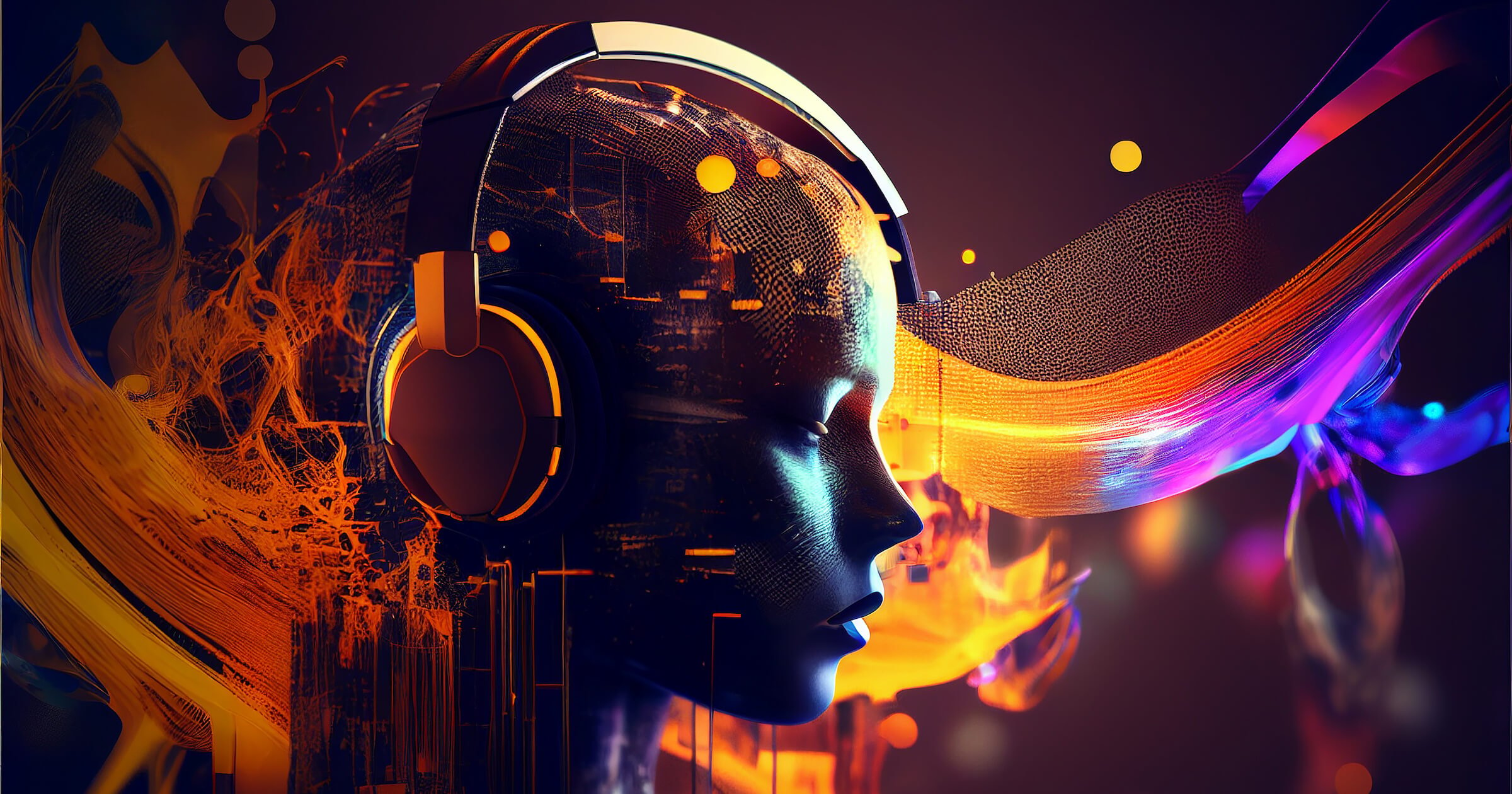A chorus of disapproval has risen from the music industry, with prominent artists like Nicki Minaj, Billie Eilish, and Katy Perry joining forces to express concern over the unfettered development of artificial intelligence (AI) in music creation. The collective voice of discontent comes in the form of an open letter signed by over 200 musicians, producers, and songwriters.
The letter, spearheaded by the Artists Rights Alliance, takes aim at the potential misuse of AI in music generation. The artists acknowledge the potential of AI as a creative tool, but warn against its irresponsible application, particularly when it threatens to infringe upon the rights and livelihoods of human creators.
The crux of the argument lies in the way AI music generators are trained. These programs often rely on vast datasets of existing music, potentially including copyrighted works, to learn and develop their own compositions. The letter argues that this practice, if unchecked, could lead to the devaluation of original music and the erosion of fair compensation for artists.
"We call on all AI developers, technology companies, platforms and digital music services to cease the use of artificial intelligence to infringe upon and devalue the rights of human artists," the letter states.
The concern extends beyond just financial implications. The artists highlight the potential for AI to homogenize music, stifling creative expression and individuality. The letter emphasizes the unique human element that is central to music creation, arguing that AI-generated music, no matter how sophisticated, cannot replicate the raw emotion and lived experiences that inform human artistry.
The music industry's stance on AI development reflects a broader anxiety surrounding the potential impact of AI on creative fields. Writers, filmmakers, and visual artists have all voiced similar concerns about AI encroaching on their domains.
The Artists Rights Alliance is calling for a more collaborative approach between the music industry and AI developers. They propose the establishment of clear guidelines for the use of copyrighted material in AI training data, alongside mechanisms to ensure fair compensation for artists whose work is utilized.
The open letter serves as a potent reminder of the human element that continues to define artistic expression, even in the age of technological advancement. It remains to be seen how the music industry and AI developers will navigate this evolving landscape, but one thing is certain: the future of music will likely be shaped by the delicate interplay between human creativity and the boundless potential of artificial intelligence.

